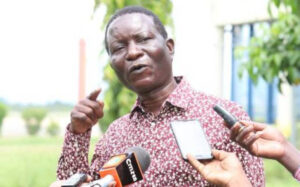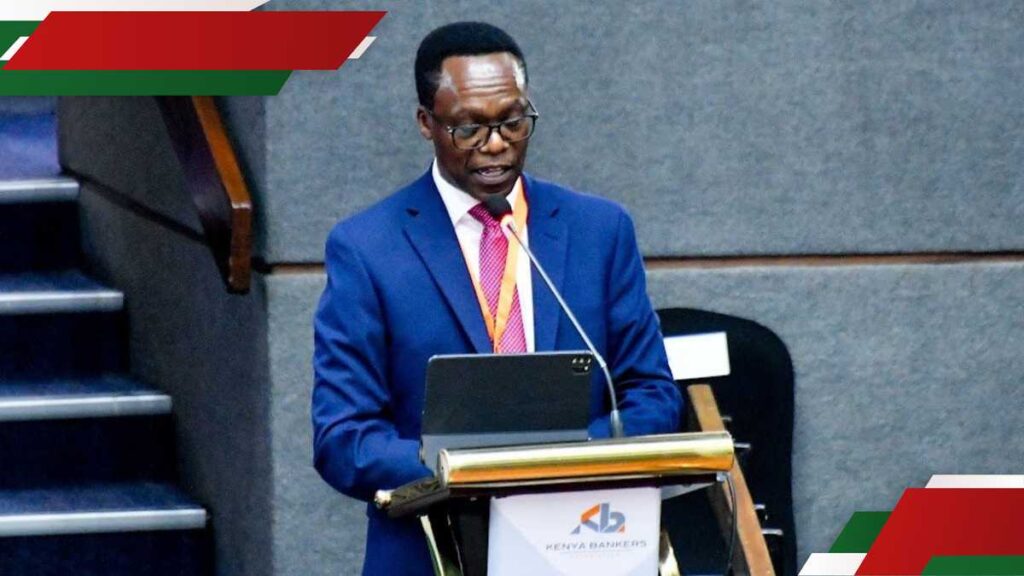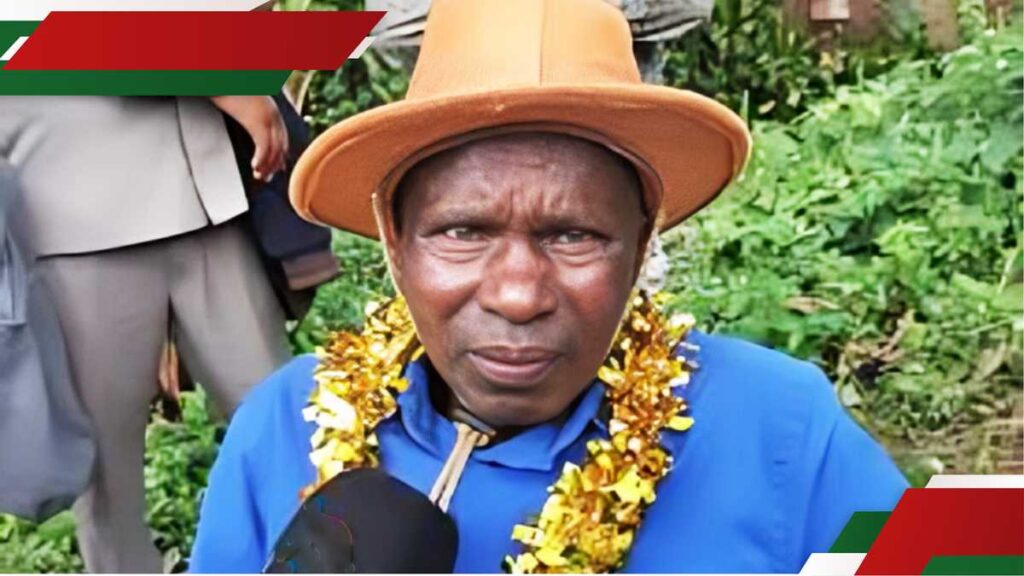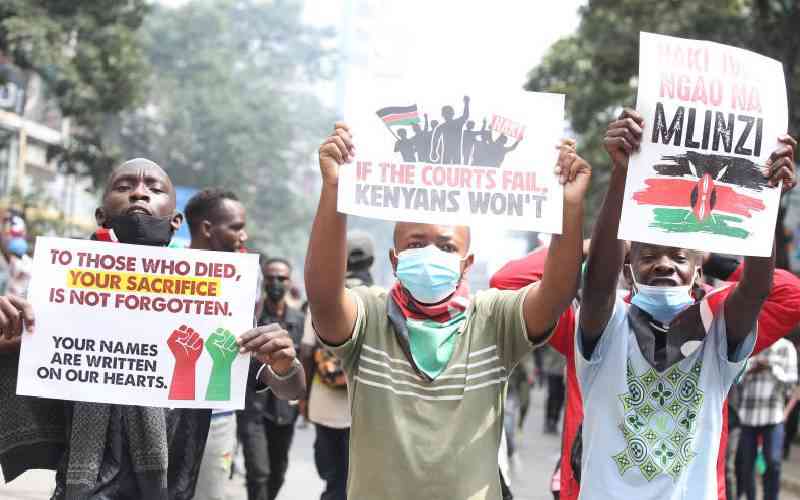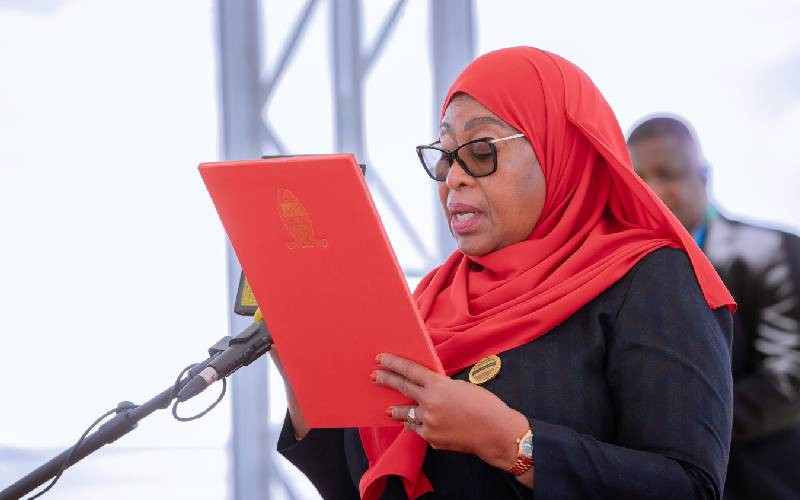As Kenya marks Labour Day, health workers have little to celebrate.
Inadequate remuneration remains their biggest challenge, with nurses, clinical officers, nutritionists, laboratory technicians, and public health officers under the Universal Health Coverage (UHC) programme already on strike.
“At the moment, even as we commemorate Labour Day, nurses have nothing to smile about. For example, there is an ongoing strike by UHC employees,” says Kenya Union of Nurses chairperson, Joseph Ngwasi.
Hired in 2020 during the Covid-19 pandemic, these nurses have not been absorbed into permanent and pensionable terms, despite government assurances.
Additionally, they lack a Collective Bargaining Agreement (CBA) with county governments. They were directed to negotiate with counties individually, despite efforts to coordinate through the Council of Governors (CoG).
Institutions such as the Kenyatta National Hospital, Kenyatta University Hospital, and Moi Teaching and Referral Hospital, which are self-managed, have signed CBAs with nurses, which are currently being implemented.
The absence of a unified CBA has led to poor remuneration, lack of promotions, inadequate health insurance, and job insecurity.
“Every county insists on being the employer. Imagine negotiating with all 47 counties individually. It’s a huge challenge. Coordinating through the CoG would be much easier,” says a nurses’ representative.
Kenya has about 30,000 nurses working in public hospitals, while approximately 40,000 remain unemployed.
Clinical officers, meanwhile, continue to raise concerns over salaries that do not match their heavy workload. Many face stagnation in career progression, despite their critical role in delivering primary healthcare services.
The Kenya Union of Clinical Officers Secretary-General George Gibore singled out Nairobi, Vihiga and Kirinyaga counties for failing to promote clinical officers.
“As we honour labour this May 1, we salute all clinical officers and healthcare workers who sustain our communities through service delivery. Yet, we face challenges like poor pay, inadequate remuneration, lack of career growth, unsafe working environments, and sometimes hostile employers who delay salaries,” says Gibore.
Meanwhile, doctors in at least 18 counties are threatening to join the ongoing industrial action this month. This comes as the posting of the next cohort of 4,000 medical interns across all cadres is expected in July.
However, the SRC, the Ministry of Health, and the doctors’ union have yet to agree on intern remuneration. The Kenya Medical Practitioners and Dentists Union demands a monthly stipend of Sh206,000 for medical interns, while the SRC recommends Sh70,000—a disparity that could trigger a nationwide strike.
Stay informed. Subscribe to our newsletter
“The posting is scheduled for July 1, and the balloting of interns for their assignments is underway,” says Secretary-General Davji Atellah. “When our arrears are paid, and pending payments cleared, we will have reason to be happy.”
Currently, doctors in Marsabit and Kakamega are on strike. “In May, we expect strikes in 18 counties. Some counties have unresolved issues, and we will continue fighting,” says Dr Atellah.
The doctors criticise counties for failing to prioritise human resources, which is critical to achieve UHC. “With sufficient support from the President and Treasury, and a focus on human resources, we can avoid industrial action. But if our salaries or CBAs are undermined, we are ready to strike, as the Constitution grants us that right,” says Atellah.
Additionally, the shortage of doctors remains a pressing concern, with about 11,000 practising and nearly 4,000 unemployed. The ministry has pledged to employ at least 2,000 in 2025/26.
“Labour Day is a time to reflect—to acknowledge our achievements, recognise our challenges, and move forward with the understanding that our greatest strength as workers lies in our unity and solidarity,” says a union leader.


















